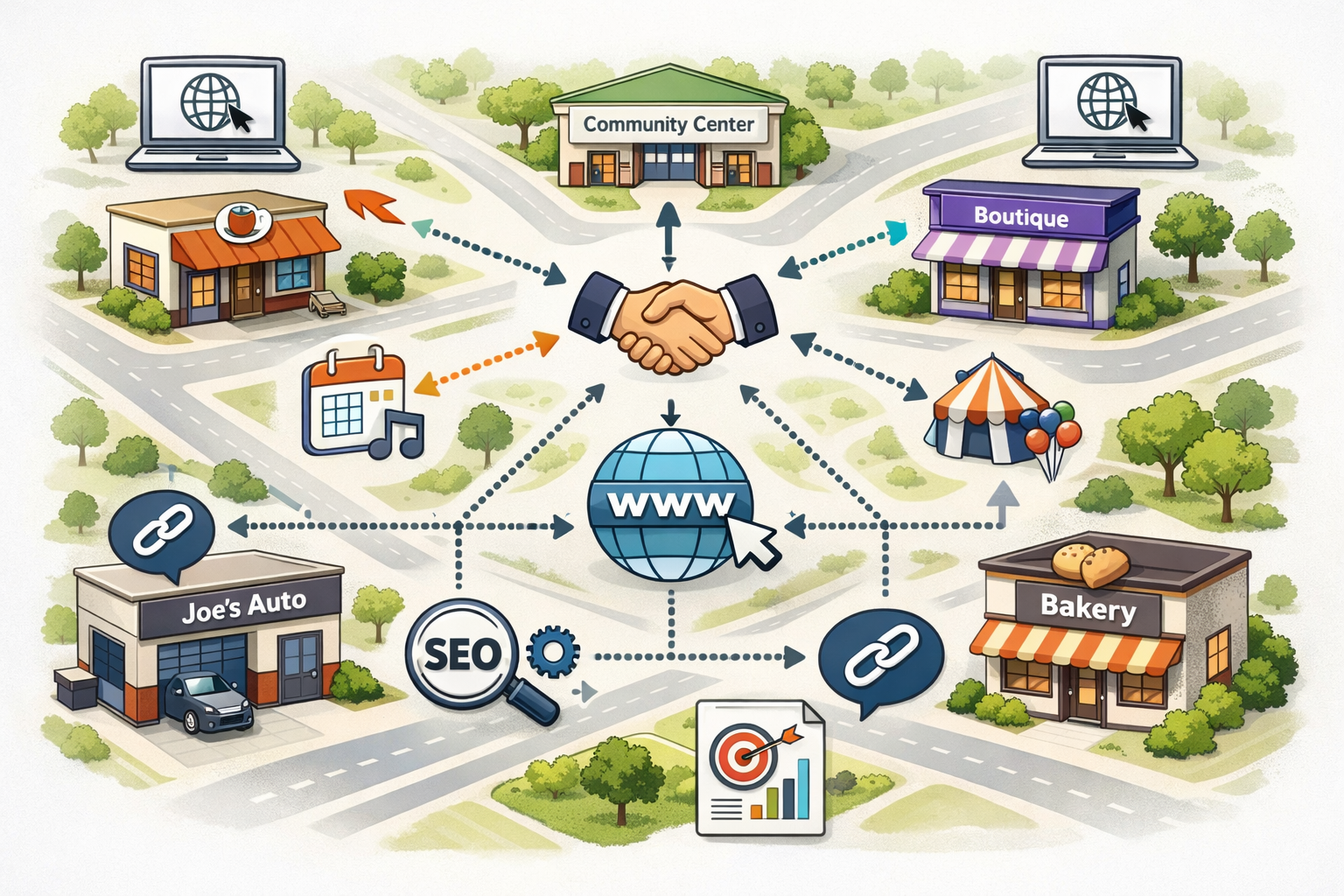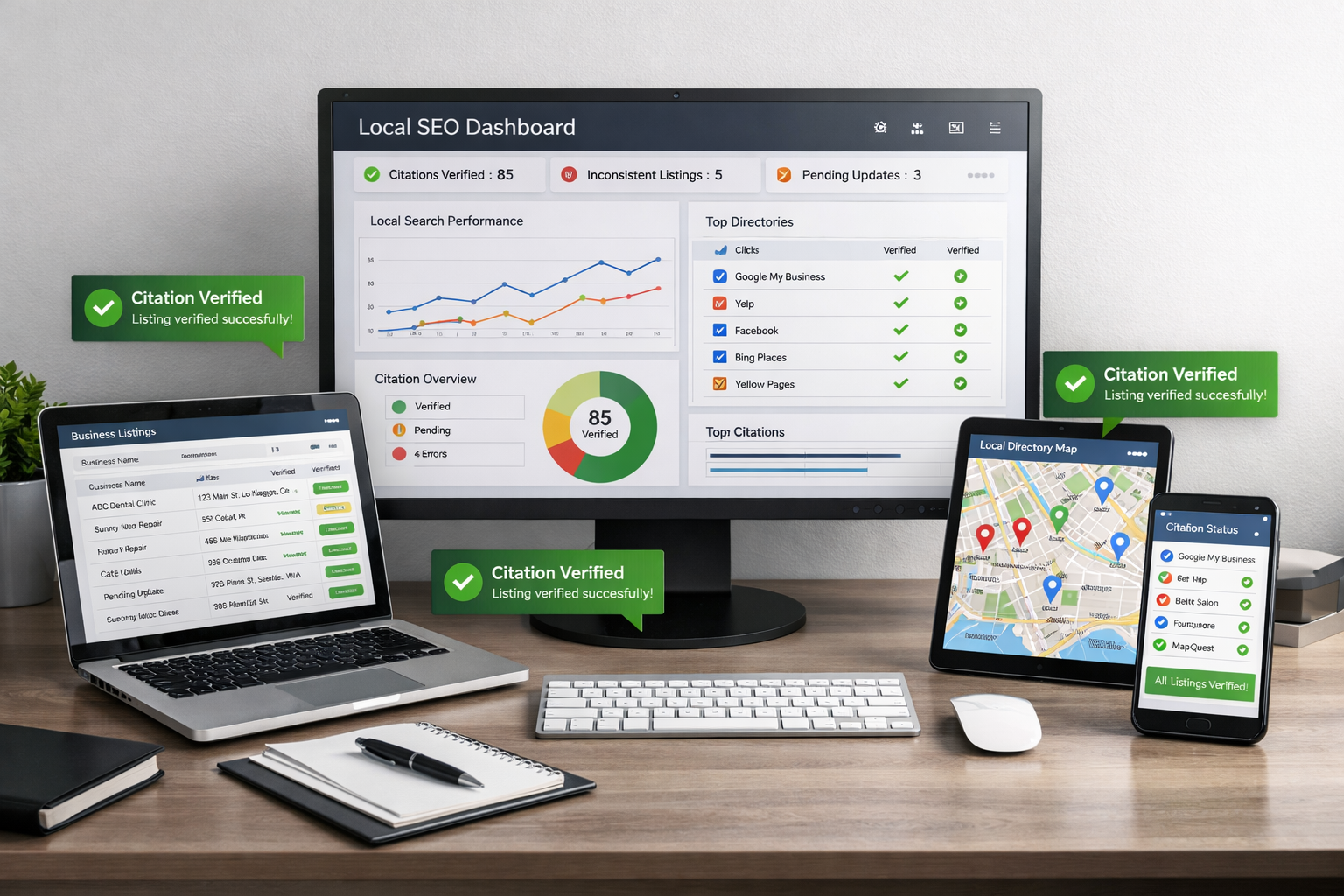What are the Risks vs Rewards of Performance-Based SEO?
Search engine optimization (SEO) is no longer a mystery to most business owners. Nearly every industry leader knows that ranking well in search results is critical for sustainable growth. The real challenge lies in choosing the right SEO model that maximizes ROI while minimizing financial risk. One approach that has been steadily gaining popularity is performance-based SEO, where clients only pay once results (such as first-page rankings, traffic, or conversions) are achieved.
At first glance, this model sounds like the perfect win-win: clients reduce upfront costs while agencies stake their fees on real results. However, as with any business model, there are both risks and rewards — and it’s important to understand them before diving in.
Let’s explore the nuances of performance-based SEO, its benefits, limitations, and how business owners can decide whether this approach is right for them.
1. What Is Performance-Based SEO and Why Is It Different?
Traditional SEO typically runs on a monthly retainer model, where clients pay a set fee regardless of performance. The agency or consultant provides deliverables — from keyword research and technical fixes to content marketing — but there’s no immediate guarantee of results.
Performance-based SEO, on the other hand, shifts that dynamic. Instead of paying for effort, clients pay for outcomes. Most agencies define success as achieving first-page rankings for target keywords, though some models focus on measurable traffic growth, leads generated, or conversions achieved.
Rewards:
- No upfront gamble for clients: Businesses don’t pour money into an effort that may or may not yield visibility.
- Alignment of incentives: Agencies are motivated to deliver because they don’t get paid otherwise.
- Results-driven strategy: Since success determines revenue, agencies prioritize tactics proven to move the needle quickly.
Risks:
- Short-term strategies: Agencies may choose faster but less sustainable methods (like aggressive link-building) to hit benchmarks quickly.
- Keyword selection bias: Not all keywords are equal; agencies may prioritize easier, low-competition terms instead of high-value ones.
- Ongoing maintenance gap: Once rankings are achieved, performance can fluctuate, leaving clients unprepared for sustaining progress.
In short, performance-based SEO restructures the playing field from expectation-driven to result-driven. That’s both its biggest strength — and its potential weakness.
2. The Reward of Aligned Incentives Between Client and Agency
One of the strongest arguments for performance-based SEO is the alignment of financial incentives. Both client and agency are invested in measurable success. Unlike traditional retainers where a business might feel like it’s “paying and praying,” performance-based SEO introduces accountability.
Rewards:
- Performance pressure drives innovation: Agencies will constantly refine methods because their paycheck depends on it.
- Transparent ROI: Clients can directly link payments to results achieved — building stronger trust.
- Risk-sharing: Clients don’t shoulder the financial responsibility for failed campaigns, placing the burden on the SEO provider.
This accountability often leads to quicker wins and higher satisfaction. For startups or small businesses, reducing upfront marketing costs can be the difference between scaling and stalling.
Risks:
- Agency cherry-picking: Some providers may only accept clients they feel confident can yield “easy wins,” leaving complex industries underserved.
- Pressure to deliver fast: That urgency can compromise quality, prompting reliance on shortcuts that aren’t Google-compliant long term.
While this model fosters stronger partnerships, it can also distort motivations, pushing agencies to focus on hitting metrics rather than holistic brand growth.
3. The Cost-Effectiveness Advantage for Small Businesses
For small and medium-sized businesses, marketing budgets are tight. Traditional SEO retainers can range from $1,000 to $10,000 per month, which is a daunting expense if results take months to materialize.
Rewards:
- Low barrier to entry: Business owners who once avoided SEO due to upfront costs can now participate.
- Cash flow predictability: Payments are tied to measurable gains, making it easier to justify expenses.
- Trial without full commitment: Clients can “test drive” an agency’s ability before scaling investments.
This opens doors for brick-and-mortar businesses, local service providers, and startups who’ve previously written off SEO as out of reach.
Risks:
- Ranking volatility still costs money: If rankings drop soon after hitting page one, businesses may still have paid without reaping sustained benefits.
- Unqualified leads: High-volume keywords may not always translate into paying customers, leaving businesses with traffic but no tangible growth.
- Overemphasis on keyword count: Some agencies may promise hundreds of keywords, but many of these might be low-value terms.
The affordability appeal is strong, but effectiveness depends entirely on how “success” is defined in the contract.
4. The Challenge of Defining and Measuring Results
One of the greatest risks in performance-based SEO lies in ambiguous definitions of success. While “page one rankings” sounds clear enough, what if those rankings are for keywords with little search volume or zero buyer intent?
Rewards:
- Objective measurement: Progress is tied to concrete benchmarks (rankings, traffic, or conversions).
- Simplified decision-making: Businesses avoid subjective deliverables and focus on numbers.
Risks:
- Misaligned metrics: Results may not translate into actual growth if benchmarks prioritize volume over value.
- Search engine volatility: Ranking improvements can be temporary due to algorithm updates, leaving businesses paying for results that disappear.
- Attribution issues: When multiple marketing efforts overlap (ads, social, referrals), assigning lead growth solely to SEO can be complex.
This highlights the need for clear contracts that spell out not just outcomes, but meaningful outcomes.
5. The Speed vs Sustainability Dilemma
Performance-based SEO often emphasizes quick wins because agencies need to get paid. Fast rankings can be achieved through aggressive link-building, technical tricks, and bulk content.
Rewards:
- Early visibility: Clients see their websites rise quickly, delivering a sense of progress.
- Motivation to reinvest: Seeing fast results encourages businesses to allocate more toward digital marketing.
Risks:
- Google penalties: Questionable tactics (“black-hat” SEO) can result in long-term damage.
- Ranking instability: Quick wins are rarely as sustainable as organic authority-building.
- Lost long-term ROI: Businesses may enjoy a temporary surge but later find themselves back at square one.
Truly sustainable SEO requires patience, trust, and long-term strategy — which can be at odds with the short-term incentives created by a performance-based model.
6. Risk of Agency Transparency and Trust
Reputation in SEO is built on trust. But in the world of performance-based campaigns, the fine print can tell a different story.
Rewards:
- Built-in accountability: Agencies are incentivized to be more communicative since payments are tied to measurable results.
- Stronger relationships: When successful, transparency strengthens confidence between client and agency.
Risks:
- Lack of visibility into methods: Agencies may be reluctant to share strategies, leaving clients unaware of risks being taken.
- Unrealistic guarantees: Phrases like “100% guaranteed rankings” often mislead and can raise ethical or compliance concerns.
- Potential dependency: If ranking strategies are heavily tied to an agency’s proprietary methods, businesses may struggle to sustain results independently.
Clear communication and trust become even more crucial under performance-based models compared to traditional partnerships.
7. Competitive Landscape Considerations
Not all industries are the same. SEO for a local plumber is vastly different from SEO for a national SaaS company. Performance-based SEO reacts differently depending on how competitive the market is.
Rewards:
- Great for low-to-medium competition niches: Agencies can deliver tangible results relatively quickly.
- Localized wins: Map SEO and hyper-local targeting often yield fast and profitable performance under this model.
Risks:
- High-competition industries may be ignored: Agencies that can’t guarantee success in medical, legal, or finance markets may decline these clients.
- Unrealistic expectations: Businesses in crowded niches may expect results that simply aren’t achievable under a guaranteed model.
The competitive landscape plays a huge role in how “worth it” this model truly is.
8. Long-Term Growth Potential vs. Short-Term Success
Great SEO doesn’t stop at rankings — it builds a brand’s digital authority. This is where differences between performance-based and traditional retainers really come into play.
Rewards:
- Immediate gratification: Clients can see ROI faster.
- Scalability: Once initial success is proven, businesses can decide to reinvest heavily in SEO.
Risks:
- Neglecting brand authority: An overly narrow focus on individual rankings can ignore long-term domain trust building.
- Plateaus: After a certain point, it gets harder to deliver “quick wins,” meaning growth may stall.
- Missed opportunities: Content marketing, link diversity, and brand positioning may take a back seat.
This balance between short-term payoff and long-term brand equity remains performance-based SEO’s central tension.
9. Legal and Ethical Risks in Performance-Based SEO
Because SEO is an evolving industry without universal regulations, performance-based agencies sometimes walk an ethical tightrope.
Rewards:
- Compliance with success clauses: When done correctly, contracts clearly define deliverables without vague language.
- Fair-play credibility: Ethical agencies offering performance-based guarantees can stand apart from shady competitors.
Risks:
- Overpromising: Guaranteed rankings can violate advertising ethics if the agency has no true control over Google results.
- Contractual loopholes: Some agencies manipulate keyword selection or reporting metrics to “game” the system.
- Exposure to penalties: Clients may bear the brunt of black-hat tactics through site penalties or bans.
Clients evaluating performance-based SEO must carefully vet providers to avoid reputational and legal blowback.
10. Who Should and Shouldn’t Consider Performance-Based SEO?
The truth is, performance-based SEO works best for certain businesses — and not for others.
Best for:
- Local businesses in low-to-mid-competition sectors (home services, healthcare, local retail).
- Small businesses/startups with limited upfront cash flow.
- Brands needing quick visibility to test new markets or offers.
Not ideal for:
- Highly competitive industries where meaningful rankings take years, not months.
- Enterprise-level businesses that require comprehensive authority-building and global reach.
- Companies needing brand narrative development, content marketing, or thought leadership in addition to rankings.
The decision comes down to how you define success and what growth stage your business is in.
Wrapping It All Up
The risks vs rewards of performance-based SEO truly depend on your perspective. For budget-conscious businesses in early growth phases, it offers an attractive entry point into digital visibility without the burden of upfront payments. For larger, competitive industries, however, the model may create more challenges than benefits, prioritizing speed over sustainability.
Before investing, business owners should carefully vet their agency, clarify how performance will be measured, and ensure strategies align with long-term growth goals, not just quick wins.
Done right, performance-based SEO isn’t just about rankings — it’s about creating accountability, affordability, and confidence in digital marketing investments.
FAQ
1. Is performance-based SEO safe?
It can be, provided the agency uses legitimate tactics. Always ask about methodology and avoid providers who rely on shortcuts or overly “guaranteed” results.
2. How do I know which keywords matter?
Not all keywords drive revenue; target those with commercial intent or local relevance, not just high volume.
3. Can performance-based SEO work for e-commerce?
Yes, but it’s trickier. It works best for long-tail, product-specific searches rather than highly competitive product categories.
4. What happens if rankings drop after I’ve paid?
This risk varies by contract. Some agencies include maintenance, while others only guarantee initial placement. Clarify this before signing.
5. Is this model better than traditional SEO retainers?
It depends. If you’re starting out and cautious about ROI, performance-based SEO can help. If you’re aiming for brand authority and industry leadership, a hybrid or traditional model may serve you better.











